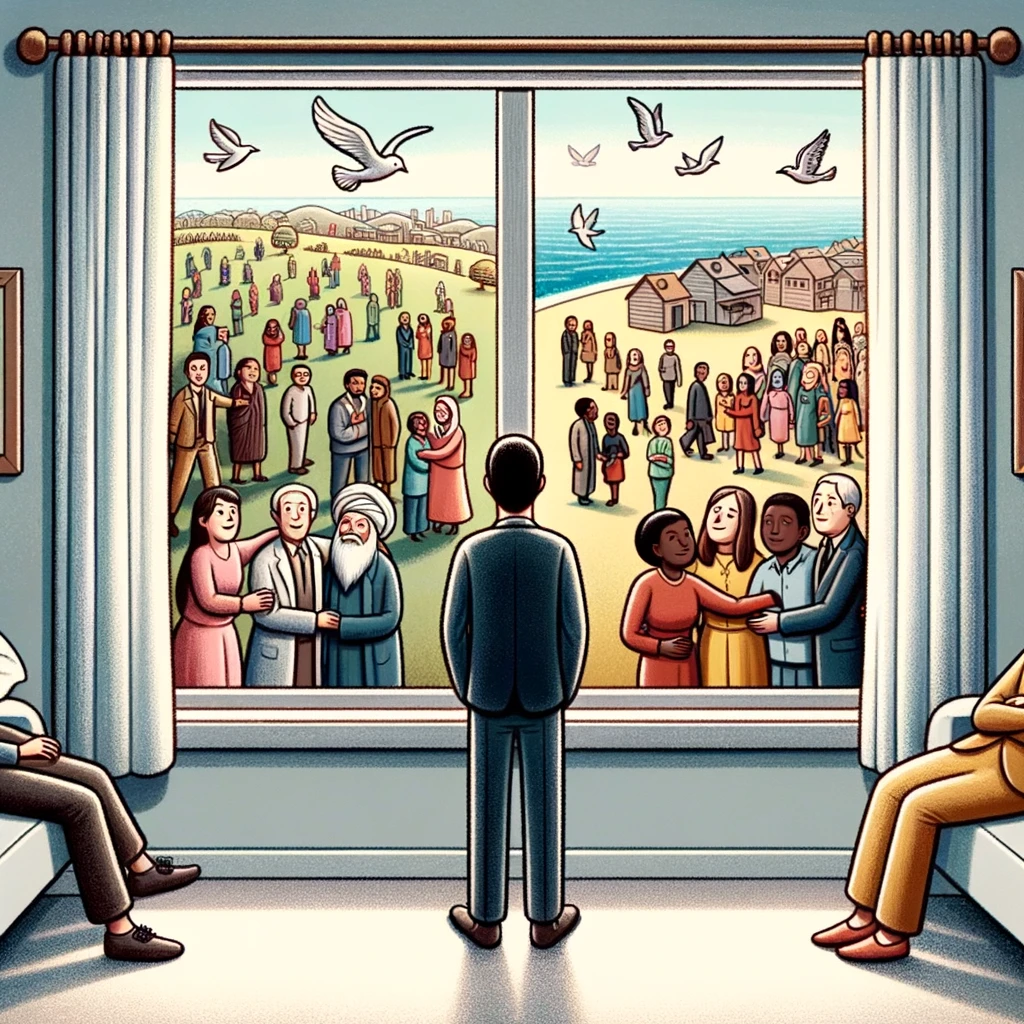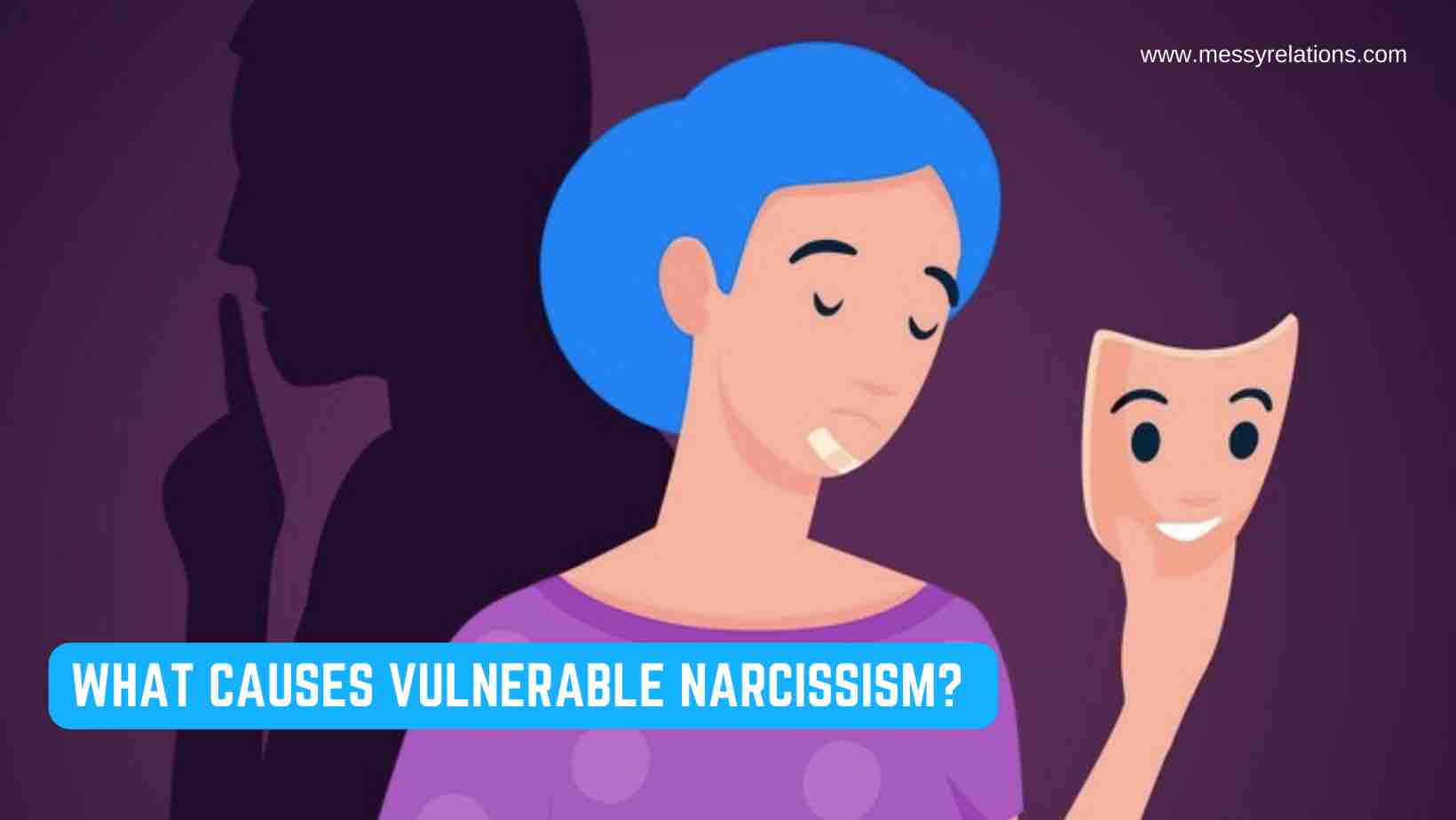Misanthropy, the general dislike or distrust of humanity, is a sentiment that has been present throughout human history. While not everyone may explicitly identify as a misanthrope, there are various reasons that can lead individuals to harbor misanthropic feelings. In this essay, we will explore ten significant factors contributing to misanthropy among people.
1. Environmental Degradation and Disregard for Nature
One of the prominent reasons for the rise in misanthropy is the widespread environmental degradation caused by human activities. Misanthropes often point to deforestation, pollution, and climate change as evidence of humanity’s disregard for the natural world. This sense of despondency towards fellow humans arises from the belief that humans prioritize short-term gains over long-term ecological sustainability.
he wanton exploitation of natural resources, deforestation, and pollution have reached alarming levels, signaling a profound disrespect for the delicate balance of our ecosystems. As humans continue to prioritize short-term gains over long-term sustainability, the consequences are dire.
The accelerating climate crisis, evident in rising temperatures, extreme weather events, and disappearing habitats, is a stark reminder of our collective negligence. This degradation not only threatens countless species but also poses a grave risk to human societies. Such disregard for nature leads to a deepening sense of disillusionment and resentment towards fellow humans who perpetuate this cycle.
Corporate interests often exacerbate the problem. Profit-driven industries often disregard environmental regulations, exacerbating the degradation of natural habitats and accelerating species extinction. This unfettered exploitation only deepens the divide between those who profit and those who suffer the consequences.
Moreover, the inequitable distribution of environmental burdens fuels misanthropy. Marginalized communities, often lacking the means to protect themselves, bear the brunt of environmental degradation. This glaring injustice fosters a sense of betrayal and mistrust towards those in power.
Environmental degradation and disregard for nature are potent catalysts for misanthropy. Addressing these issues requires a collective shift in values and priorities towards sustainable practices and a genuine respect for the intricate web of life on our planet. Failure to do so risks further deepening the divisions within humanity and perpetuating a cycle of environmental destruction.
2. Global Conflicts and Warfare
Global conflicts and warfare are significant contributors to the growing sentiment of misanthropy among people worldwide. The persistent cycle of violence, often driven by geopolitical interests, leaves a trail of destruction, loss of life, and shattered communities. This grim reality fosters a deep-seated disillusionment with humanity’s capacity for peace and cooperation.
The toll of war on civilian populations is particularly distressing. Innocent lives are upended, homes destroyed, and livelihoods shattered. Witnessing such devastation fuels a sense of despair and resentment towards those responsible for perpetuating these conflicts.
Moreover, the modern information age ensures that the horrors of war are broadcast globally, exposing people to the brutal realities in real-time. This constant exposure to human suffering can lead to a pervasive sense of hopelessness and a belief that humanity is fundamentally flawed.
The arms race and the immense resources allocated to military endeavors also exacerbate misanthropy. These vast sums of money could be redirected towards addressing pressing global issues like poverty, healthcare, and education. The prioritization of military might over human well-being sends a powerful message about society’s values and priorities.
Global conflicts and warfare serve as potent catalysts for misanthropy. Fostering a more peaceful world requires concerted efforts to address the root causes of conflicts, promote diplomacy, and reallocate resources towards the betterment of humanity. Failure to do so risks perpetuating a cycle of violence and further eroding faith in our collective ability to forge a more harmonious future. Misanthropy can also be fueled by the persistent presence of global conflicts and warfare. The brutality and destruction witnessed in armed conflicts leave lasting scars on societies, leading some individuals to lose faith in humanity’s capacity for peace, empathy, and cooperation. The prevalence of war and its enduring impact can give rise to a profound sense of disillusionment.
3. Inequality and Social Injustice
Inequity in wealth, opportunities, and access to basic resources is another catalyst for misanthropy. Observing stark disparities in living conditions, education, and healthcare can evoke feelings of anger and resentment towards a system that perpetuates such inequalities. Misanthropes may contend that humanity’s capacity for compassion and fairness is overshadowed by its penchant for greed and exploitation.
Inequality and social injustice breed a pervasive sense of disillusionment, fueling misanthropy. Economic disparities, glaring wealth gaps, and limited access to basic resources sow seeds of resentment. Discrimination based on race, gender, or socio-economic status perpetuates a cycle of disenchantment. Political corruption and inadequate representation deepen the chasm, eroding faith in institutions. The failure to address systemic issues amplifies cynicism, breeding a belief that positive change is unattainable. Media sensationalism and divisive narratives exacerbate this divide. When society perpetuates these injustices, it fosters a collective disillusionment, leading individuals towards misanthropy, a profound distrust in humanity’s capacity for positive transformation. This grim outlook hinders progress towards a more equitable world.
4. Loss of Trust in Institutions
Mounting distrust in institutions fuels misanthropy, eroding faith in societal foundations. Scandals and corruption scandals erode confidence in political entities, leaving citizens disillusioned. Economic crises and bailouts for the wealthy deepen this skepticism, fostering a belief in systemic injustice. Ineffectual governance exacerbates this, leaving individuals feeling marginalized and voiceless. Additionally, biased media narratives and misinformation sow seeds of doubt, further corroding trust. Failures in addressing pressing issues like climate change or social inequality compound this loss of faith. Ultimately, this pervasive disillusionment with institutions fosters misanthropy, a grim perspective that hinders collective progress towards a more equitable, just society.
The erosion of trust in societal institutions can be a significant driver of misanthropy. Scandals, corruption, and the failure of institutions to address pressing issues can lead individuals to question the integrity and effectiveness of these systems. As faith in established structures wanes, so does trust in the collective capacity for positive change.
5. Technological Alienation
Advancements in technology, while offering numerous benefits, can also foster feelings of alienation and disconnect. Misanthropes may argue that the ubiquity of screens and the depersonalization of communication contribute to a diminished sense of genuine human connection. This perceived loss of authentic interaction can lead to a sense of isolation and mistrust.
Technological alienation exacerbates misanthropy as human connection becomes increasingly digitized. Social media, though meant to connect, often isolates, breeding feelings of loneliness and disconnection. Automation threatens job security, leaving many feeling obsolete and undervalued. Cyberbullying and online harassment erode trust in virtual communities. The rapid pace of technological advancement leaves some feeling overwhelmed and left behind. Additionally, the commodification of personal data fuels a sense of exploitation. As people grow more reliant on technology, genuine human interactions wane, contributing to a belief that society values screens over genuine connections. This technological estrangement fosters misanthropy, a somber outlook on humanity’s future and potential.
6. Historical Atrocities and Trauma
Historical atrocities and collective trauma cast a long shadow, contributing to contemporary misanthropy. Centuries of oppression, genocides, and wars have left scars on societies, breeding mistrust and resentment. Lingering prejudices and systemic inequalities persist as painful reminders. Lack of acknowledgment or reparations for past wrongs fuels a sense of injustice. Additionally, intergenerational trauma perpetuates a cycle of pain and distrust. Media reminders of past horrors can further entrench this cynicism. The weight of history can lead individuals to lose faith in humanity’s capacity for positive change, fostering a grim outlook on present and future prospects.
The weight of historical atrocities and traumas can cast a long shadow on collective human consciousness and misanthropy. Events such as genocides, slavery, and other systemic injustices can leave deep scars that resonate through generations. Misanthropes might contend that the persistence of such heinous acts throughout history is indicative of an inherent darkness within humanity.
7. Erosion of Empathy and Compassion
The erosion of empathy and compassion is a key factor driving misanthropy. Rapid urbanization and modern lifestyles can foster a sense of detachment from the struggles of others. Hyper-connectivity ironically often leads to shallow, transactional relationships, diminishing genuine care. The desensitization to suffering through media and virtual experiences further numbs compassion. Moreover, divisive rhetoric and polarized politics sow seeds of indifference, making it harder to relate to diverse experiences. Economic pressures and competition can also dampen altruistic instincts. As empathy wanes, individuals may harbor a bleak view of human nature, fueling misanthropy—a belief in the inherent selfishness and callousness of humanity.
The rapid pace of modern life, coupled with the demands of a competitive society, can sometimes lead to a decline in empathy and compassion and increase misanthropy.
Misanthropes argue that the prevailing culture of individualism and self-interest undermines our capacity to genuinely care for one another. This perceived lack of empathy can foster feelings of disillusionment and mistrust.
8. Media Influence and Sensationalism
Media plays a significant role in shaping public perception, often focusing on negative or sensationalized stories and fuelling misanthropy. This can create a distorted view of humanity, emphasizing conflict, crime, and catastrophe. Misanthropes may argue that this constant barrage of negative information reinforces their belief in the inherent flaws of human nature.
Sensationalized reporting prioritizes shock value over nuanced understanding, distorting perceptions of reality. This hyperbolic narrative often emphasizes conflict and crisis, overshadowing positive human endeavors. Bias and misinformation erode trust, leaving individuals skeptical of media sources. Moreover, constant exposure to negative news can cultivate a sense of hopelessness and cynicism. The amplification of divisive voices and exclusionary narratives further fractures societal cohesion. As a result, people may come to believe that humanity’s worst traits are its defining characteristics, nurturing a bleak view of collective potential, ultimately contributing to the growth of misanthropy.
9. Perceived Inaction in the Face of Crisis
The perceived inability or unwillingness of society to address pressing global issues, such as poverty, hunger, and humanitarian crises, can lead to a sense of hopelessness. Those with misanthropy perspective may view this inaction as evidence of humanity’s apathy and indifference towards the suffering of others.
Perceived inaction in times of crisis fuels misanthropy, breeding disillusionment with humanity’s capacity for positive change. When leaders fail to address pressing issues like climate change or social inequality, it fosters a belief in systemic stagnation. The paralysis of bureaucracy and red tape exacerbates this sense of helplessness, leaving individuals feeling powerless and unheard. Additionally, a lack of tangible progress can lead to a deepening cynicism, eroding faith in collective efforts. This perceived impotence in the face of mounting challenges cultivates a grim outlook, sowing the seeds of misanthropy—a belief that humanity is incapable of meaningful, impactful action.
10. Personal Trauma and Disillusionment
Lastly, personal experiences of trauma, betrayal, or loss can deeply influence an individual’s perspective on humanity. These experiences can create a sense of isolation and mistrust, ultimately leading to misanthropic sentiments as a means of self-preservation.
Misanthropy, while a complex and deeply rooted sentiment, finds its origins in a multitude of experiences and observations. Environmental degradation, global conflicts, inequality, and personal trauma are just a few of the factors that can lead individuals down this path. Understanding the reasons behind misanthropy provides an opportunity for society to reflect on its collective behavior and work towards fostering a more empathetic and compassionate world.




